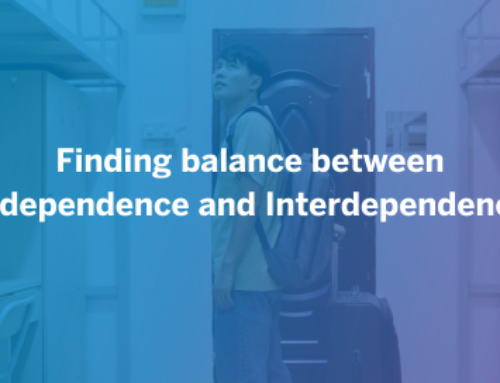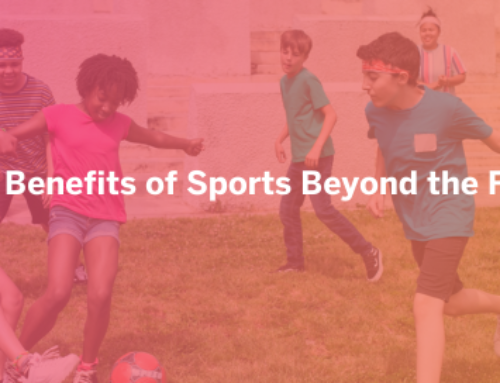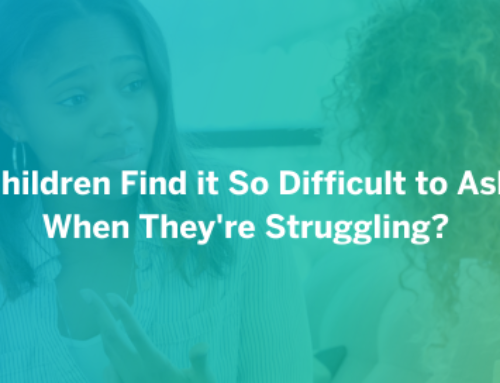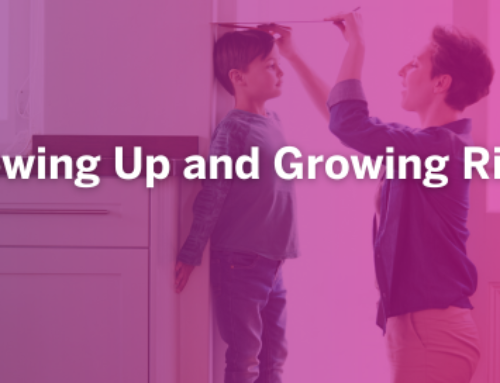
I could not have imagined the breadth of knowledge and insight that students would offer me when I chose to start speaking at LSIS. I thought I would be presenting to groups of children who had never truly considered the consequences of drugs and poor coping methods. I thought they would be asking me what I meant by ADHD, anxiety, or coping methods. I thought they would be a little bit confused during portions of my story. This has not been the case. Through their questions, I have learned more than I ever expected to. These students have taught me so much about myself and about the course of addiction.
Through the repetitions of telling my story, some parts start to feel obvious or casual to me. For example, I talk about beginning to lie as a kid to make my reality sound better than it felt. I tell students that this was something that I hid for years and that if any of them are hiding that too, I know how it feels. I am accustomed to discussing this, and its importance is not lost on me. However, the entire nature of this topic changed when a 5th grader asked me, “but how would I start to tell people when I’ve lied so much, it’s embarrassing” During questions like these, I turn wide-eyed to my rep. This usually means I’m stumped, and it is their turn to answer the question. My rep explained to them that lying always feels easier than the truth, but the truth feels so much better once you’ve gotten it off your chest.
I felt like crying, thinking about how much third-grade Danny needed to hear that message. It opened up my eyes to the nature of the negative coping methods I used in the past. Sometimes, as a person in recovery, it is easy to look upon your past as completely misguided and even malicious. But looking at that kid, I realized how badly I had also wanted to stop lying. I realized that negative coping methods are completely terrifying as a kid. Before drugs even enter the picture, many kids encounter negative experiences that cause them to pick up a habit that is hard to control, whether it’s the sugary food, video games, lying, or the popularity contest. I forgot what that felt like. The kid asking me how he could ever stop lying looked truly hurt and scared. I remembered that I turned to more negative coping methods because I felt like I couldn’t control myself, and I didn’t know if anybody really understood.
I have been given an entirely new perspective. I view these children the same way I see the middle schooler who admits he has been vaping and asks for help, and I even see them the same way I see the students who answer our surveys by saying that trying drugs one time is “no risk at all.” Choosing healthy coping methods is hard. And choosing addictive and harmful ones is not an easy trap to escape. It isn’t just lying that leaves children confused and wanting answers. Kids often asked me with genuine curiosity questions such as “how do you find real friends? I’m really worried and I have social anxiety. I feel like people don’t like me.” Again, stumped. I felt that way too. I try hard to empathize with those kids and in the end, I empathize with my younger self in the process. These stories have made me realize the weight of my own decisions in the past, and what could’ve helped me. I didn’t need to be scolded or punished, I needed to really learn how to cope.
It is my dream to speak to my younger self. And so I settle for speaking to other students. The conversations around mental health and coping methods open discussions around the difficulty and scary nature of poor coping methods that could have saved me years of pain. It would have made me feel like there is hope. The students I speak with have taught me to empathize with those struggling, and in turn, understand myself better. I hope that students who struggle truly believe that I struggled in the same way, and learn that they don’t have to hide these aspects of their experience. There are those who are here to help. That is why we show up to tell our story.
By: Danny Z
Danny is a in house LSIS Prevention Speaker.








Leave A Comment